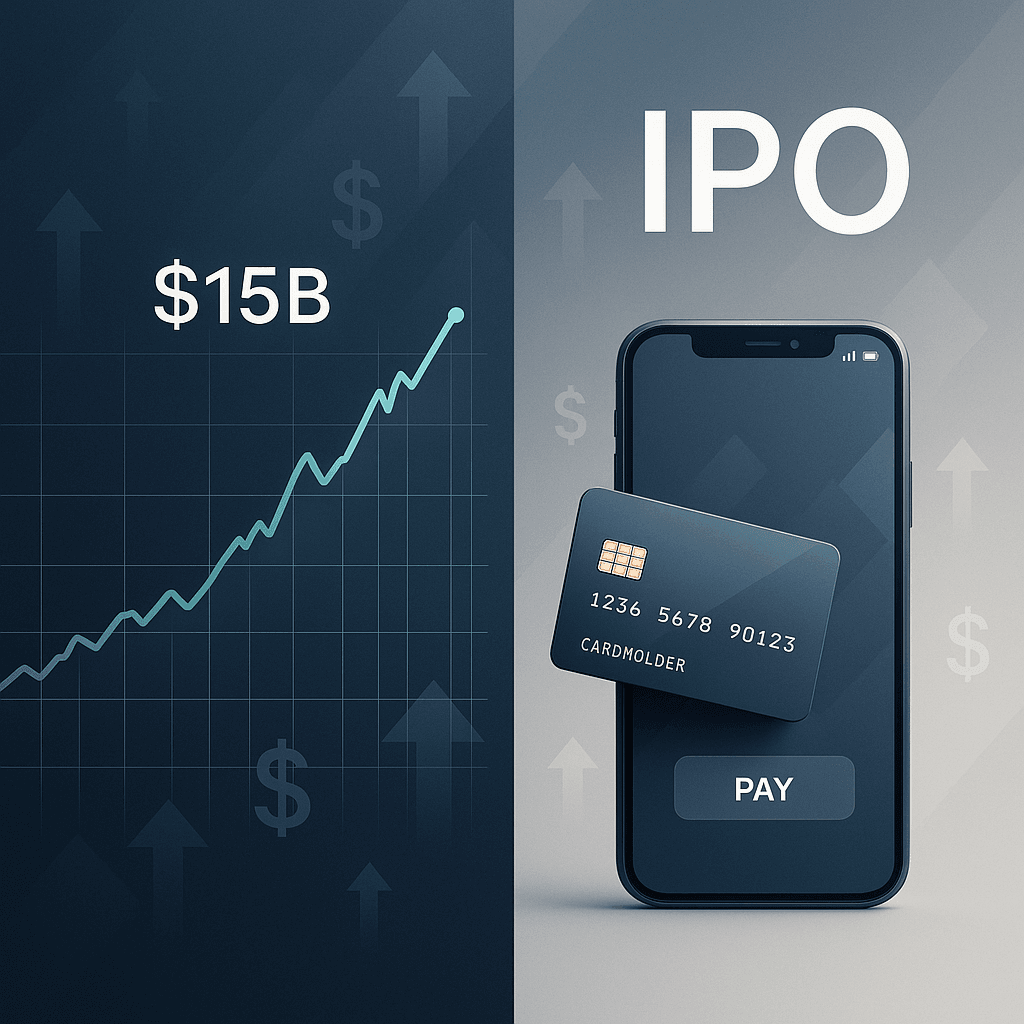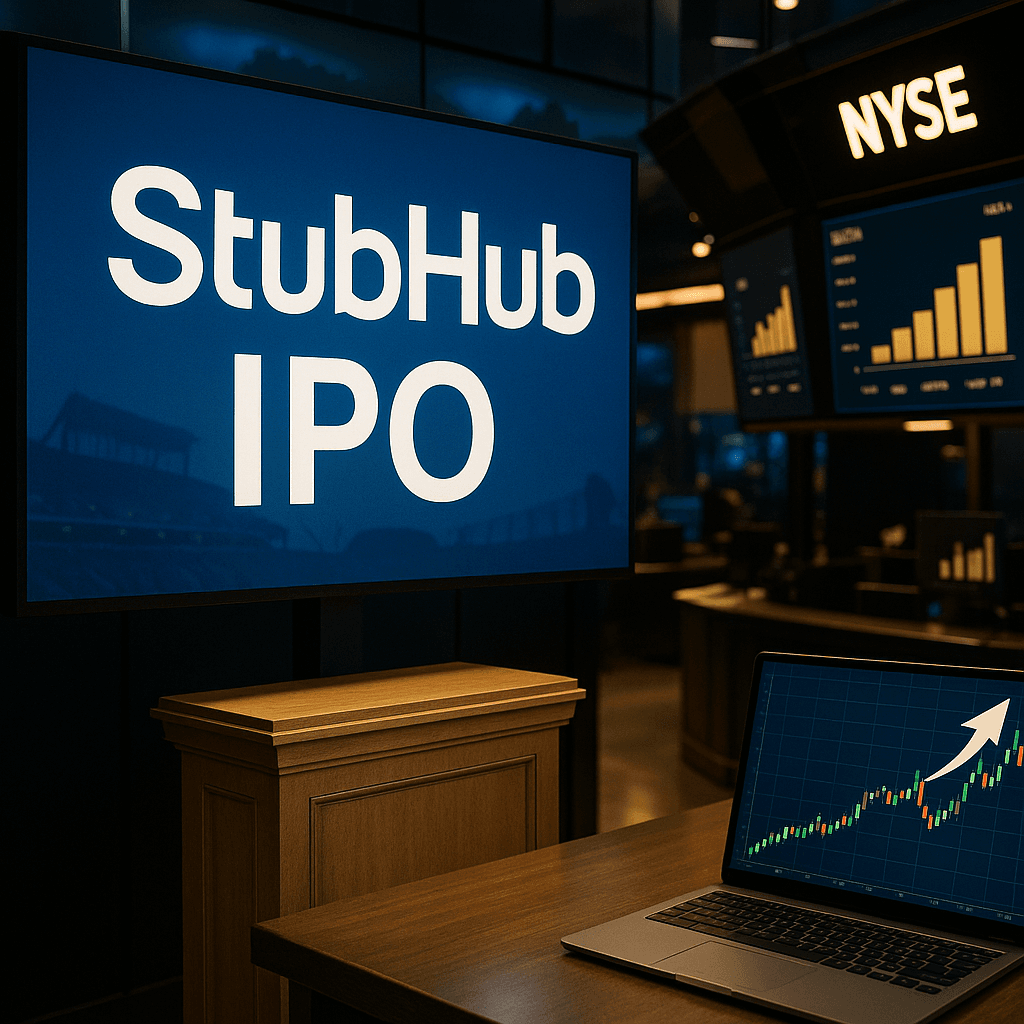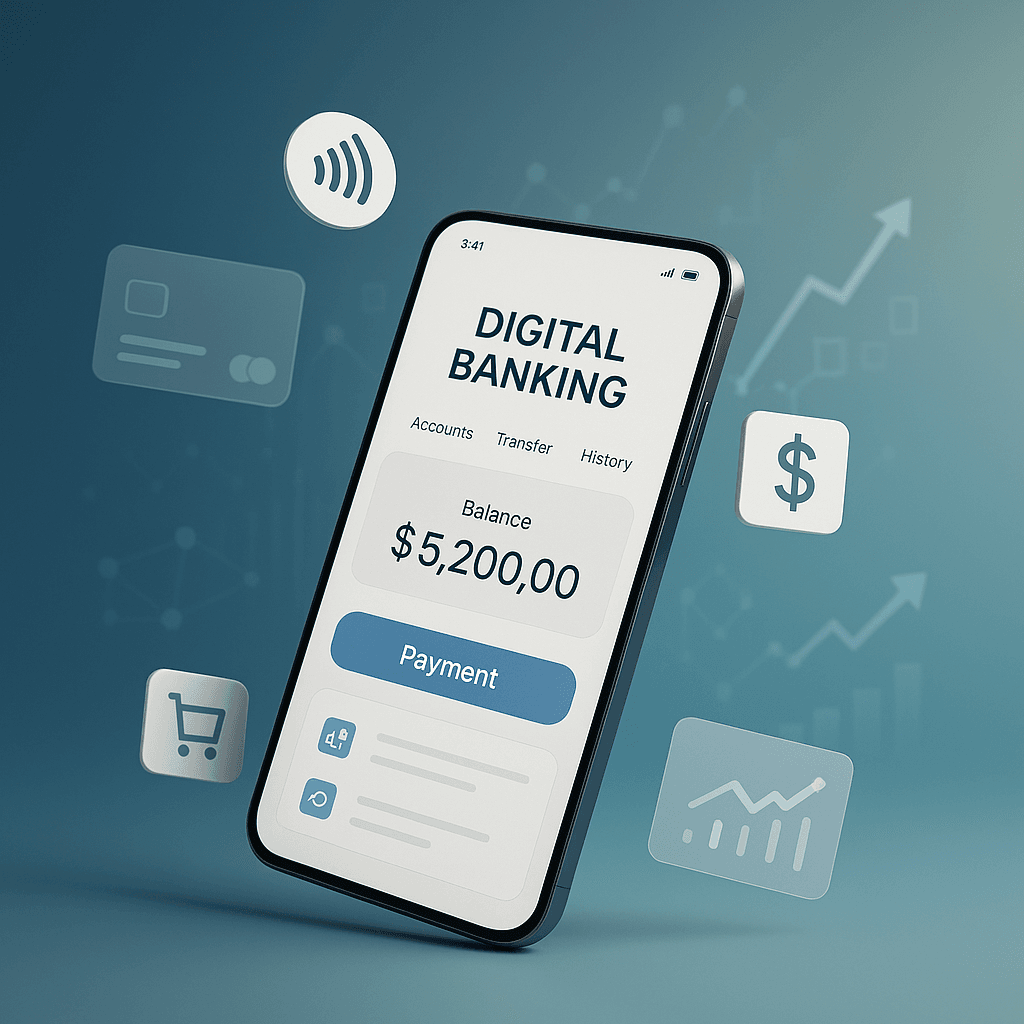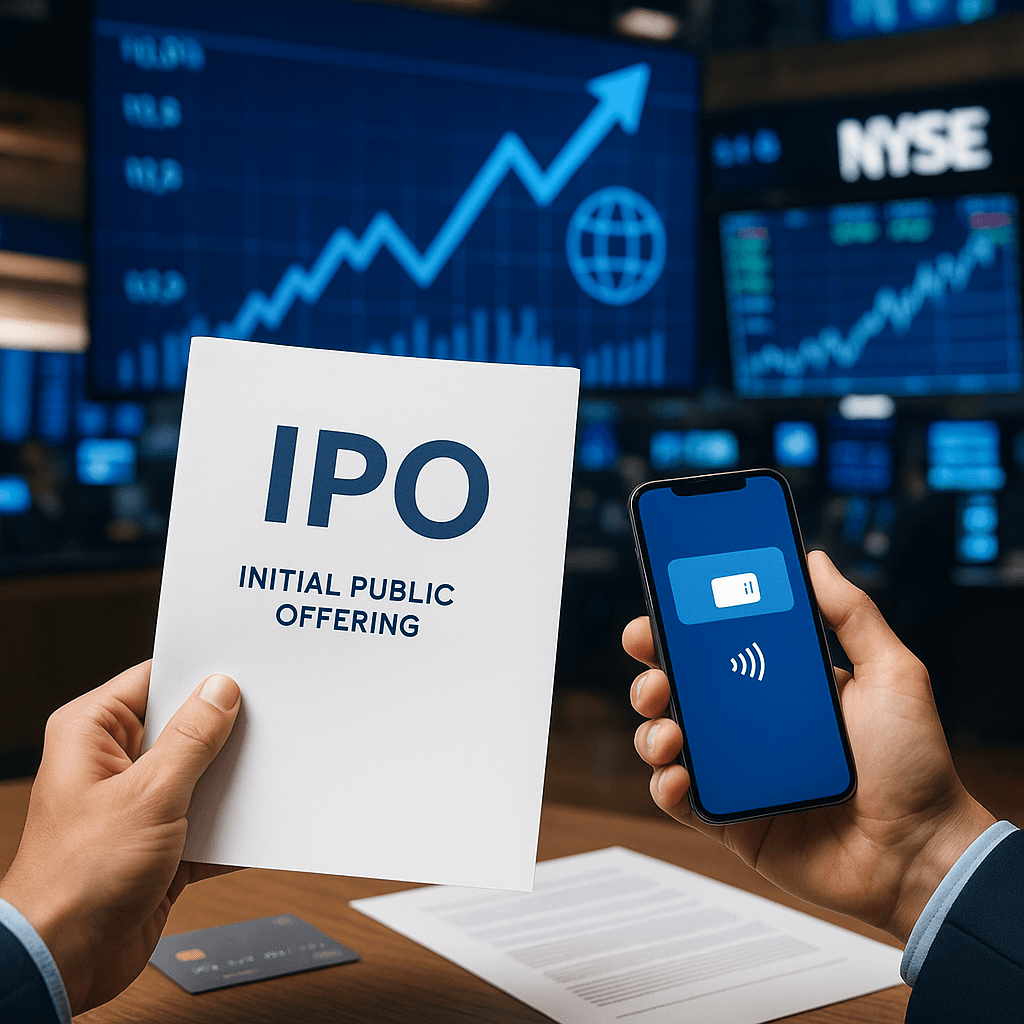Klarna's stock surged 30% in its NYSE debut today, opening at $52 per share after pricing its IPO at $40 yesterday. The Swedish buy-now-pay-later giant's strong first-day performance signals renewed Wall Street appetite for fintech offerings and validates the company's $15 billion valuation despite a challenging regulatory environment for the BNPL sector.
Klarna just delivered the kind of IPO debut that reminds everyone why fintech remains Wall Street's favorite bet. The Swedish buy-now-pay-later pioneer opened at $52 per share Wednesday morning, a solid 30% pop from its $40 IPO price that had already exceeded the company's expected range.
The strong showing caps off a remarkable comeback story for Klarna, which saw its valuation crater from $46 billion in 2021 to just $6.7 billion in 2022 as the BNPL hype cycle collapsed. Now trading on the NYSE under ticker KLAR, the company has successfully positioned itself as more than just another payment installment service.
"To me, it really just is a milestone," CEO Sebastian Siemiatkowski told CNBC Wednesday morning. "It's a little bit like a wedding. You prepare so much and you plan for it and it's a big party. But in the end — marriage goes on."
That understated response belies what's actually a significant validation for the entire fintech sector. Klarna's debut follows similarly strong performances from stablecoin issuer Circle and design platform Figma, with crypto exchange Gemini expected to go public later this week. The string of successful launches suggests investor confidence in financial technology companies has fully recovered from the 2022 downturn.
The numbers tell the story of Klarna's evolution. The company raised $1.37 billion through the offering, though most shares came from existing investors cashing out rather than new capital. Sequoia, which first backed the company in 2010 with what partner Andrew Reed described as an investment in "an alternative payments company in Stockholm," sold just 2 million of its 79 million shares while generating an overall return of about $2.65 billion.
"Being here in New York 15 years later with over 100 million consumers and over $100 billion of GMV and close to a million merchants, it's staggering what one year after another of execution and growth and Sebastian's long-term vision can do," Reed told CNBC.
But Klarna's real story isn't just about buy-now-pay-later anymore. The company has quietly been building a broader banking platform, rolling out debit cards and personal deposit accounts in the US market. Siemiatkowski says they've already signed 700,000 card customers with 5 million more on the waiting list - impressive numbers that differentiate from pure-play BNPL competitors like .






